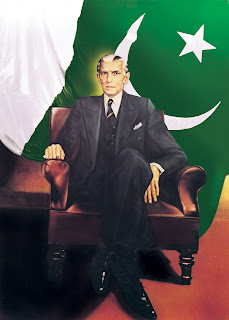For some years now, Quaid-e-Azam Jinnah's vision of Pakistan has been a source of controversy and conflict. Much of this has however tried to cut Jinnah to fit a predetermined image. A close look at Jinnah's long and chequered public life, encompassing some forty-four years (1904-48), helps determine the core values he was committed to throughout his political career.
This paper examines how Jinnah’s politics evolved through main phases, which, though distinct, yet merged into the next, without sudden shifts. It analyses how his liberalism underwent an apparent paradigmatic shift from 1937 onwards, and led to him advocating the charismatic goal of Pakistan, and to elucidate it primarily in Islamic terms. Finally, the Islamic strain in his post independence pronouncements and his 11 August 1947 address is discussed, and an attempt made to reconcile it with his other pronouncements.
Jinnah as Liberal
In the first phase of his public life (1904-20) three main influences shaped Jinnah's personality and politics:
- Nineteenth century British liberalism, first absorbed during his four-years' (1892-96) stay in England as a student of law,
- The cosmopolitan atmosphere and mercantile background of metropolitan Bombay where he had established himself as an extremely successful barrister since the turn of the century, and
- His close professional and personal contact with the Parsis, who, though only a tiny community provided an example of how initiative, enterprise and hard work could overcome numerical inferiority, racial prejudice and communal barriers.




